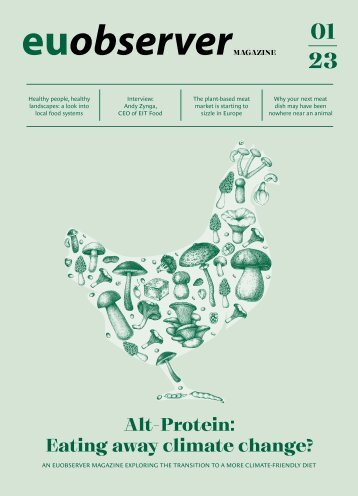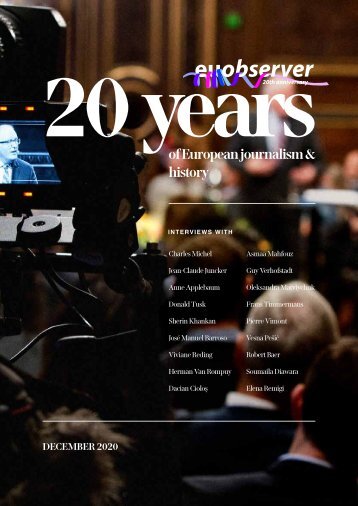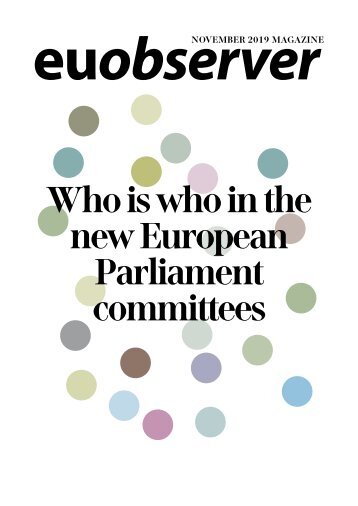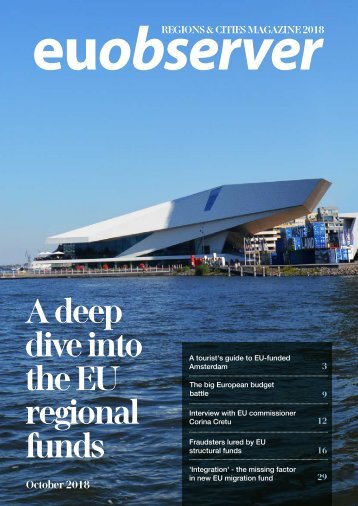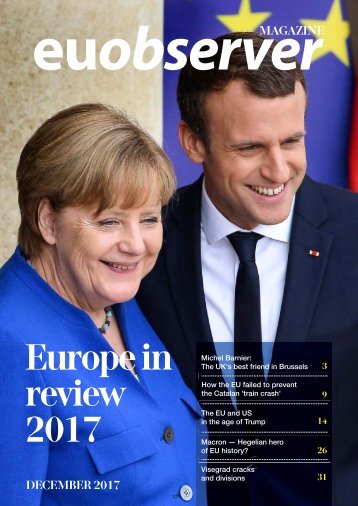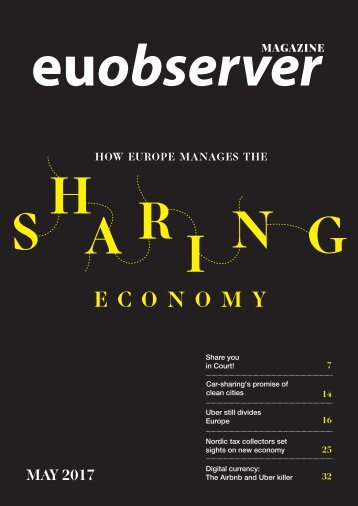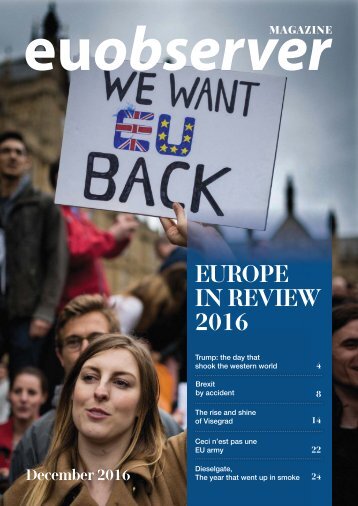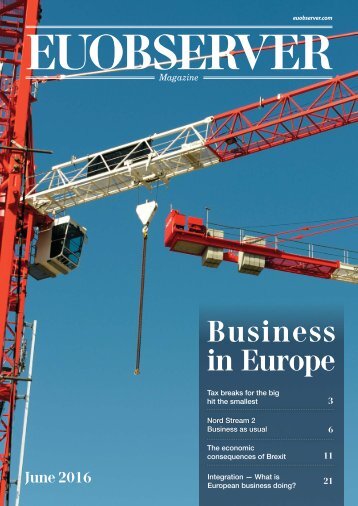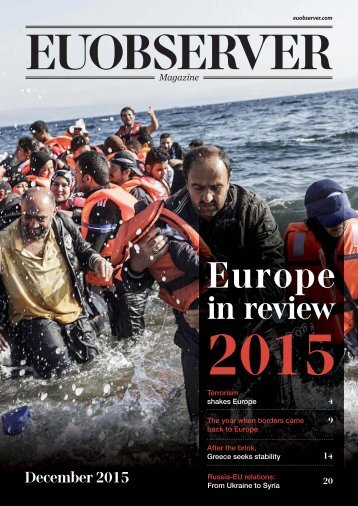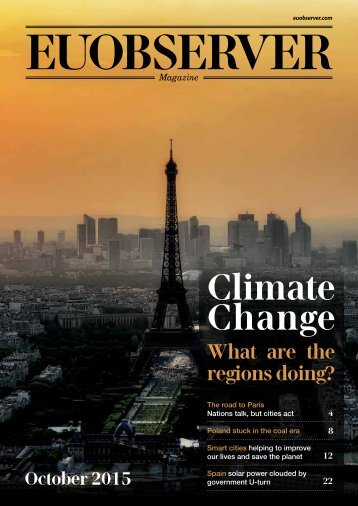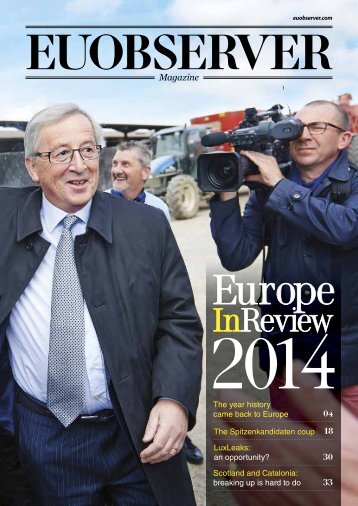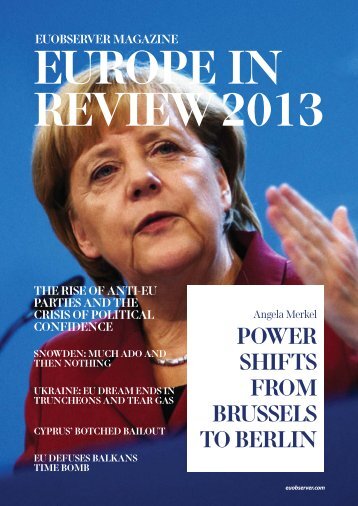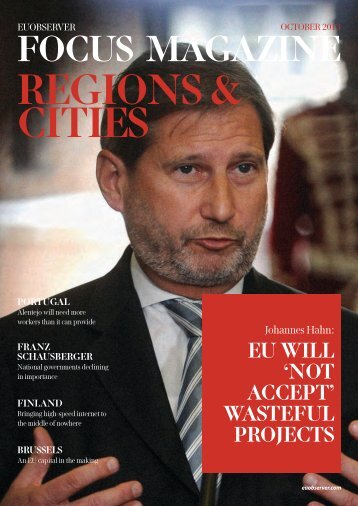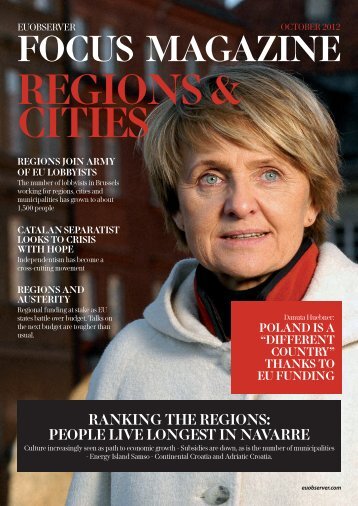European Parliament Elections 2019
- Text
- European
- Parliament
- Elections
- Meps
- Parliamant
- Brussels
- Strasbourg
- Russia
- Plenary
- Euobserver
Ready for your new
Ready for your new adventure in Belgium? ING makes your life easy by helping you organize all your financial affairs. Call +32 2 464 66 64, or go to ing.be/expats Banking, financial and/or insurance offer subject to acceptance by ING Belgium (or, where appropriate, the relevant insurance company) and to mutual agreement. Terms and conditions (regulations, rates, key information documents 08 — for EUROPEAN investors or savers PARLIAMANT and other supplementary ELECTIONS information) 2019 available from any ING branch or on www.ing.be. ING Belgium SA/nv – Bank – Avenue Marnix 24, B-1000 Brussels – Brussels RPM/RPR – VAT: BE 0403.200.393 – BIC: BBRUBEBB – IBAN: BE45 3109 1560 2789. Insurance broker registered with the FSMA under the number 12381A. Publisher: Marie-Noëlle De Greef – Cours Saint-Michel 60, B-1040 Brussels.
Frans Timmermans fired up at the Socialists & Democrats congress in Lisbon Photo: European Parliament The Spitzen process – a coup that was never accepted It is a divisive 'Brussels bubble' debate: whether to give the European Parliament more of a say on who becomes the next European Commission president. But the issue goes right to the heart of European integration. By Eszter Zalan National governments view it with suspicion, while diplomats talk of a 'coup' by the European Parliament. EU officials argue it increases the democratic legitimacy of the whole bloc, giving voters an (indirect) say in who will run the next European Commission. The spectrum of arguments for and against is almost as wide as the gap that remains between citizens and the leaders of European institutions, but the 2019 EU elections could finally decide the fate of the so-called Spitzenkandidat (lead candidate) process itself. That piece of EU-jargon stands for giving a larger say to the European parliament in choosing the next head of the EU executive: created in 2014, the new process came to symbolise the serious and never-ending power struggle between the parliament and member states. Two Germans, the European parliament's secretary general, Klaus Welle – no less shadowy and powerful than his compatriot heading the commission's services, Martin Selmayr – plus the parliament president at the time, Germany's Martin Schulz, came up with the idea of having political parties announce their 'lead candidates' for commission president ahead of the election itself. The lead candidate whose party can muster a majority alliance in the new parliament would then lead the European commission, requiring only a nod from member states. EU governments viewed the process with scepticism but woke up too late to lobby against it, finding themselves having to appoint Jean-Claude Juncker to head the EU executive, after German chancellor Angela Merkel finally caved in to the process. The Spitzenkandidat process has its basis in the Treaty of Lisbon, which says that member states can propose a president for the commission "taking into account the elections" to the parliament, with the European parliament voting on the person. Last time - which was the first time it was used - 09 — EUROPEAN PARLIAMANT ELECTIONS 2019
- Page 1 and 2: EUROPEAN PARLIAMANT ELECTIONS 2019
- Page 3 and 4: European elections 23-26 may 2019 t
- Page 5 and 6: Currently, the largest political gr
- Page 7: The meeting of the bureau, chaired
- Page 11 and 12: In February 2018 it adopted a text
- Page 13 and 14: THE CANDIDATES Manfred Weber, EPP (
- Page 15 and 16: The travelling CIRCUS Twelve times
- Page 17 and 18: The 'travelling circus' costs the E
- Page 19 and 20: As this magazine went to print, the
- Page 21 and 22: EU commissioner Miguel Arias Canete
- Page 23 and 24: German MEP Rainer Wieland (r) oppos
- Page 25 and 26: Russian leader Vladimir Putin with
- Page 27 and 28: that no one may be insulted or disc
- Page 29 and 30: He invited the World Congress of Fa
- Page 31 and 32: Europa' memes to provoke tension. B
- Page 33 and 34: Political science professor Ariadna
- Page 35 and 36: The gender gap at EU elections Prop
- Page 37 and 38: On average, fewer women vote in the
- Page 39 and 40: STAKEHOLDER Follow F4E on Twitter @
- Page 41 and 42: JULY - A new European Commission pr
- Page 43 and 44: EUobserver Making sense of the EU G
Inappropriate
Loading...
Mail this publication
Loading...
Embed
Loading...

